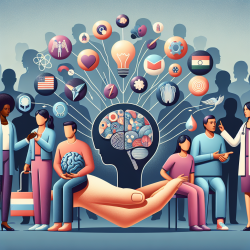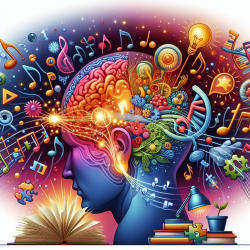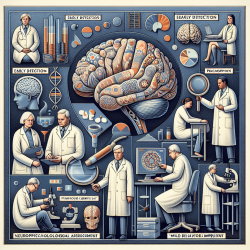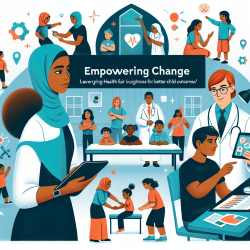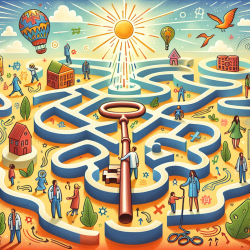Understanding and managing the emotional and psychosocial reactions to brain damage and aphasia are critical components of effective therapy. Recent research, including a comprehensive study titled Assessment and Management of Emotional and Psychosocial Reactions to Brain Damage and Aphasia, offers valuable insights into how practitioners can enhance their therapeutic approaches to better support their clients.
The emotional and psychosocial impacts of aphasia and brain damage can significantly hinder rehabilitation efforts. Recognizing and addressing these aspects can not only improve therapeutic outcomes but also enhance the quality of life for individuals affected by these conditions. Here are several key takeaways from the research that practitioners can implement in their therapy sessions:
- Understanding Individual Reactions: Each person's reaction to brain damage and aphasia is unique. Clinicians should adopt a personalized approach, considering the individual's psychiatric reactions, neurobehavioral reactions, psychosocial reactions, and intellectual and cognitive reactions.
- Importance of Family Involvement: The role of the family cannot be overstated. Engaging family members in the therapy process and educating them about communication strategies are crucial for creating a supportive environment that fosters recovery.
- Comprehensive Assessment: A thorough assessment that includes interviews, clinical observations, and psychological testing can help identify the specific emotional and psychosocial needs of the patient. This enables a more targeted and effective therapeutic intervention.
- Integrating Psychosocial Strategies: Incorporating strategies that address psychosocial aspects into therapy can lead to better engagement and outcomes. This may include group therapy, peer support, and activities that promote social interaction and communication.
- Professional Collaboration: Collaboration with psychologists, psychiatrists, and other professionals can provide a more holistic approach to treatment. This interdisciplinary approach can address the wide range of challenges faced by individuals with aphasia and brain damage.
- Educational Support: Providing patients and families with comprehensive information about aphasia, its implications, and coping strategies is essential. Knowledge empowers individuals and families to navigate the complexities of the condition more effectively.
- Addressing Young Adults' Unique Needs: Young adults with aphasia may face distinct challenges, including social isolation and career impacts. Tailoring therapy to address these specific concerns can significantly improve their rehabilitation experience.
Implementing these research outcomes into practice requires practitioners to be flexible, empathetic, and committed to continuous learning. Encouraging further research and professional development in the area of emotional and psychosocial management can contribute to the advancement of therapy practices and ultimately, better patient care.
In conclusion, the management of emotional and psychosocial reactions to brain damage and aphasia is a multifaceted challenge that demands a comprehensive and compassionate approach. By incorporating the insights provided by recent research, practitioners can enhance their therapeutic strategies, making a profound difference in the lives of those affected by these conditions. For those interested in delving deeper into this subject, reading the original research paper provides an excellent foundation. To read the original research paper, please follow this link: Assessment and Management of Emotional and Psychosocial Reactions to Brain Damage and Aphasia.
